Introduction

The impact of screen time on toddlers’ development is a topic that has gained significant attention in recent years, as technology becomes increasingly integrated into our daily lives. It is important for parents and caregivers to understand the potential benefits and risks associated with screen time, as well as how to establish healthy habits for their young children. By limiting screen time, toddlers can experience enhanced learning experiences and improved cognitive skills. However, excessive screen time can have negative effects on social development and physical health. To promote healthy screen time habits, it is crucial to set limits on screen time and choose age-appropriate content. Additionally, balancing screen time with outdoor activities and interactive play can further support a child’s overall development. In conclusion, managing toddlers’ screen time requires careful consideration and guidance from parents and caregivers. By understanding the impact of screen time and implementing healthy habits, we can foster the healthy development of our youngest learners while still embracing the benefits of technology. Future considerations should continue to explore the evolving role of technology in early childhood education and development.
Understanding the impact of screen time on toddlers’ development

The impact of screen time on toddlers’ development is a topic that has gained significant attention in recent years, as technology becomes increasingly integrated into our daily lives. It is important for parents and caregivers to understand the potential benefits and risks associated with screen time, as well as how to establish healthy habits for their young children.
- Enhanced learning experiences can be achieved by limiting screen time for toddlers.
- Improved cognitive skills are also a result of limited screen time.
- Excessive screen time can have negative effects on social development.
- It can also impact the physical health of toddlers.
To promote healthy screen time habits, it is crucial to set limits on screen time and choose age-appropriate content.
- Parents should actively set limits on the amount of time their toddlers spend in front of screens.
- Age-appropriate content should be selected to ensure that toddlers are engaged and learning from what they watch.
Balancing screen time with outdoor activities and interactive play can further support a child’s overall development.
- Encouraging outdoor activities allows toddlers to engage in physical exercise and explore their environment.
- Promoting interactive play helps develop social skills and stimulates creativity.
In conclusion, managing toddlers’ screen time requires careful consideration and guidance from parents and caregivers. By understanding the impact of screen time and implementing healthy habits, we can foster the healthy development of our youngest learners while still embracing the benefits of technology. Future considerations should continue to explore the evolving role of technology in early childhood education and development.
Potential Benefits of Limited Screen Time
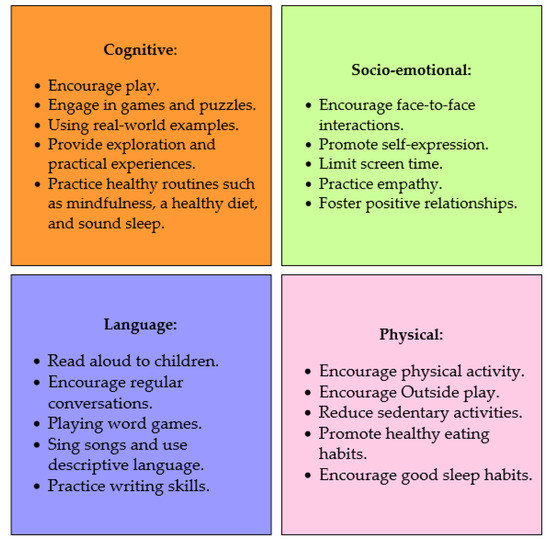
Enhanced learning experiences can be achieved by limiting screen time for toddlers, allowing them to engage in hands-on activities and explore their surroundings. This promotes active learning and problem-solving skills.
Limited screen time also leads to improved cognitive skills, such as attention span, memory, and language development. By minimizing exposure to screens, toddlers have more opportunities for imaginative play, which stimulates their creativity and critical thinking abilities.
Excessive screen time, on the other hand, can have negative effects on social development. It may hinder face-to-face interactions and limit opportunities for toddlers to develop crucial social skills like empathy, communication, and cooperation.
Furthermore, excessive screen time can impact the physical health of toddlers. Sedentary behaviors associated with screen use can contribute to a sedentary lifestyle and increase the risk of obesity and related health issues.
To establish healthy screen time habits, parents should actively set limits on the amount of time their toddlers spend in front of screens. This can be done by using timers or setting specific rules around when and where screens are allowed.
Choosing age-appropriate content is equally important to ensure that toddlers are engaged and learning from what they watch. Educational programs and interactive apps can provide valuable learning experiences while minimizing the potential negative effects of excessive screen time.
In order to balance screen time with other activities, parents should encourage outdoor play to engage in physical exercise and explore their environment. Additionally, promoting interactive play with toys, puzzles, and books helps develop social skills and stimulates creativity.
By understanding the impact of screen time and implementing healthy habits, parents can support their toddlers’ overall development while still embracing the benefits of technology. Future considerations should continue to explore the evolving role of technology in early childhood education and development.
Enhanced learning experiences
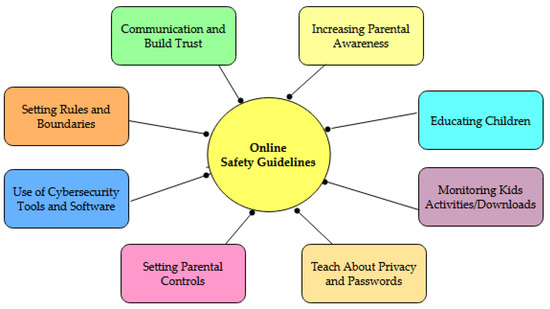
By limiting screen time for toddlers, they can engage in hands-on activities and explore their surroundings, leading to enhanced learning experiences. This promotes active learning and problem-solving skills.
Improved cognitive skills
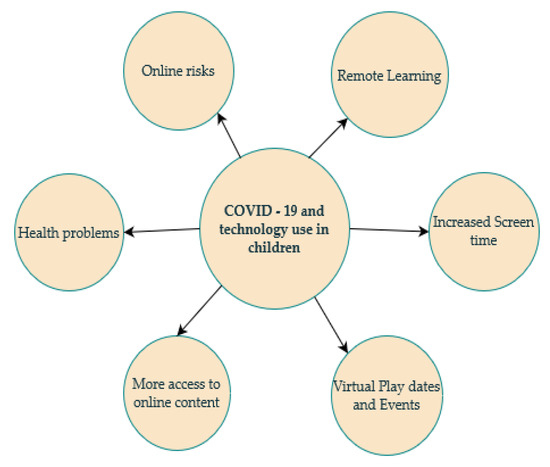
Improved cognitive skills can be a potential benefit of limited screen time for toddlers, as it allows them to engage in activities that stimulate their brain development. This includes problem-solving tasks, imaginative play, and hands-on learning experiences.
Risks of Excessive Screen Time
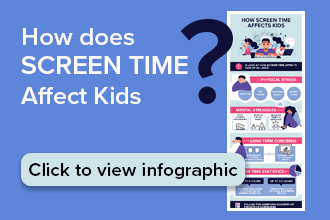
Negative effects on social development can be a significant risk of excessive screen time for toddlers, as it may hinder their ability to interact with others and develop important social skills.
Additionally, excessive screen time can have an impact on the physical health of toddlers. Sedentary behavior associated with prolonged screen use can contribute to a higher risk of obesity and related health issues. It can also disrupt sleep patterns, leading to inadequate rest and potential developmental problems.
To promote healthy screen time habits for toddlers, setting limits on screen time is crucial. This can involve establishing specific time periods for screen use and ensuring that other activities, such as outdoor play and interactive play with peers, are prioritized.
Choosing age-appropriate content is another important guideline for healthy screen time habits. It is essential to provide educational and interactive content that aligns with the developmental stage of the child and promotes learning and engagement.
To balance screen time, encouraging outdoor activities is key. Outdoor play allows toddlers to engage in physical exercise, explore their surroundings, and interact with nature.
Promoting interactive play is also essential for balancing screen time. Encouraging activities such as board games, puzzles, and imaginative play fosters creativity, social interaction, and problem-solving skills.
In conclusion, managing toddlers’ screen time is crucial for their healthy development. By understanding the potential benefits of limited screen time, recognizing the risks of excessive use, and implementing guidelines for healthy habits, caregivers can support toddlers’ overall well-being and ensure a balanced approach to technology in their lives.
Negative effects on social development

Negative effects on social development can be a significant risk of excessive screen time for toddlers, as it may hinder their ability to interact with others and develop important social skills. It can lead to decreased face-to-face communication, reduced empathy, and difficulty in forming and maintaining relationships. To mitigate these risks, caregivers should prioritize opportunities for toddlers to engage in interactive play with peers, such as group activities or playdates. Encouraging shared experiences and fostering social interactions can help toddlers develop crucial social skills, including cooperation, empathy, and problem-solving. This can be achieved through activities like board games, role-playing, or participating in community events. Caregivers should also model healthy social behavior by limiting their own screen time during interactions with their children and actively engaging in meaningful conversations. By providing ample opportunities for social interaction and reducing screen time, caregivers can support toddlers in developing strong social connections and essential interpersonal skills that are vital for their overall development.
Impact on physical health

Excessive screen time for toddlers can also have a negative impact on their physical health. Sedentary behavior associated with prolonged screen time can contribute to a lack of physical activity, leading to an increased risk of obesity, poor muscle development, and delayed motor skills. This can be addressed by encouraging regular physical activity and providing opportunities for active play. Caregivers should prioritize outdoor activities, such as playing in the park or going for walks, to ensure toddlers engage in physical exercise. Additionally, limiting screen time and promoting active play can help toddlers develop motor skills, coordination, and strength. It is important for caregivers to set clear boundaries and establish a healthy balance between screen time and physical activity. By promoting an active lifestyle and reducing sedentary behavior, caregivers can help toddlers maintain good physical health and develop essential motor skills necessary for their overall well-being.
Guidelines for Healthy Screen Time Habits
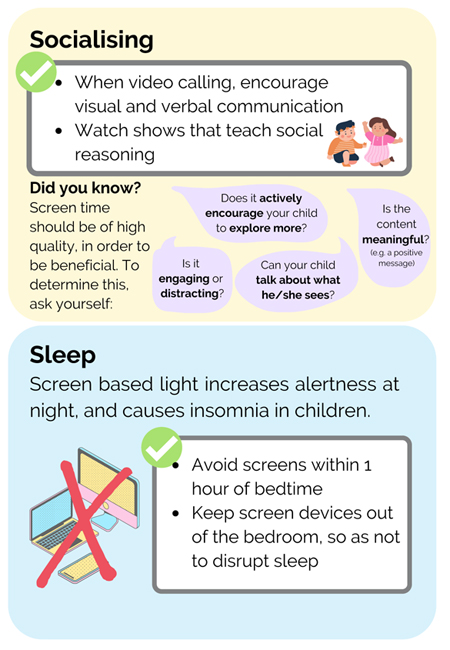
Setting limits on screen time is crucial for maintaining healthy habits for toddlers, as excessive screen time can have detrimental effects on their development.
Setting limits on screen time

Setting limits on screen time is crucial for maintaining healthy habits for toddlers, as excessive screen time can have detrimental effects on their development. Here are some guidelines for establishing healthy screen time habits:
- Set a daily limit: Determine the amount of screen time that is appropriate for your child’s age and stick to it. For toddlers aged 2-5 years, the American Academy of Pediatrics recommends no more than one hour of high-quality programming per day.
- Create a screen-free zone: Designate certain areas in your home where screens are not allowed, such as bedrooms or mealtimes. This encourages family interaction and reduces dependency on screens.
- Use parental controls: Utilize the parental control settings on devices to restrict access to inappropriate content and ensure that your child is engaging with age-appropriate material.
- Be a role model: Limit your own screen time in front of your child to set a positive example. Engage in activities that do not involve screens, such as reading, outdoor play, or arts and crafts.
- Encourage alternative activities: Provide a variety of stimulating activities, such as puzzles, building blocks, or pretend play, to keep your child engaged and entertained without relying solely on screens.
By following these guidelines and promoting a balanced approach to screen time, you can help support your toddler’s healthy development and foster a well-rounded childhood experience.
Choosing age-appropriate content

To ensure a healthy screen time experience for toddlers, it is essential to choose age-appropriate content. Here are some actionable steps to help parents in this regard:
- Research and select educational programs: Look for shows or apps that are specifically designed for young children and promote learning in a fun and engaging way.
- Read reviews and ratings: Before allowing your child to watch or play a new program or app, take the time to read reviews from other parents or experts. This can give you insights into the content’s appropriateness and quality.
- Use trusted sources: Stick to reputable platforms and channels that curate content for children. These sources often have strict guidelines regarding age-appropriate material.
- Preview content beforehand: If possible, watch or play the content yourself before introducing it to your child. This will give you a better understanding of its content, themes, and potential impact on your toddler.
- Monitor and discuss: Even with age-appropriate content, it is crucial to monitor your child’s screen time and engage in discussions about what they are watching or playing. This allows you to address any concerns or misconceptions that may arise.
By actively choosing age-appropriate content, parents can ensure that their toddlers’ screen time is not only entertaining but also beneficial for their development.
Strategies for Balancing Screen Time
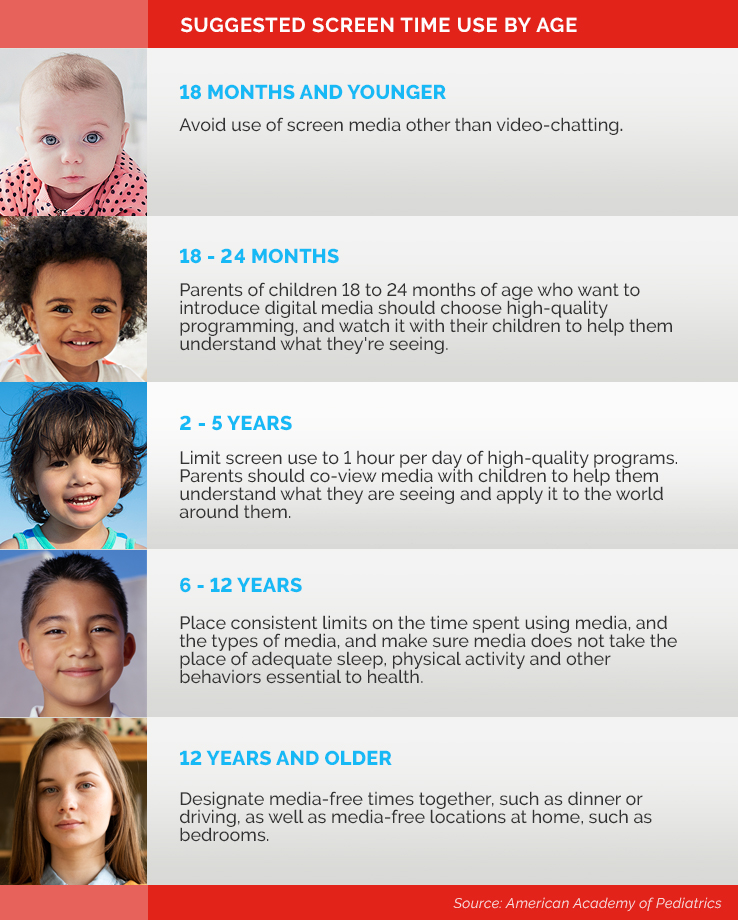
Encouraging outdoor activities is a great way to balance screen time, as it provides toddlers with physical exercise and exposure to nature, promoting their overall well-being and development.
Encouraging outdoor activities

Encouraging outdoor activities is a great way to balance screen time, as it provides toddlers with physical exercise and exposure to nature, promoting their overall well-being and development. This can be done by taking them to the park, going for walks, or engaging in outdoor sports and games. Encourage them to explore their surroundings, play with other children, and engage in imaginative and creative play. Set aside dedicated time each day for outdoor activities and make it a regular part of their routine. Provide them with age-appropriate toys and equipment that encourage active play, such as balls, bicycles, or jump ropes. Create opportunities for them to connect with nature by taking them on nature walks, gardening, or simply playing in the backyard. Additionally, involve the whole family in outdoor activities to make it a fun and bonding experience. By prioritizing outdoor playtime, you can help your toddler develop important motor skills, enhance their social interactions, and reduce their reliance on screens.
Promoting interactive play

Promoting interactive play is another effective strategy for balancing screen time and promoting healthy development in toddlers. Encourage your child to engage in activities that involve social interaction, such as board games, puzzles, or building blocks. Join in the playtime and provide opportunities for them to interact with other children through playdates or organized playgroups. Incorporate pretend play by providing props and costumes to spark their imagination. Limit the use of electronic toys and instead focus on hands-on activities that require problem-solving and collaboration. Create a screen-free zone in your home where interactive play is encouraged, such as a designated playroom or area. Use storytelling and role-playing to foster creativity and communication skills. Additionally, engage in activities that promote sensory exploration, such as finger painting, sand and water play, or baking together. By promoting interactive play, you can help your toddler develop important social skills, language abilities, and critical thinking skills while reducing their reliance on screens. Remember to prioritize quality time with your child and create a nurturing environment that supports their growth and development.
Conclusion

The Impact of Screen Time on Toddlers’ Development: A Closer Look
Introduction
Understanding the impact of screen time on toddlers’ development
Potential Benefits of Limited Screen Time
Enhanced learning experiences
Improved cognitive skills
Risks of Excessive Screen Time
Negative effects on social development
Impact on physical health
Guidelines for Healthy Screen Time Habits
Setting limits on screen time
Choosing age-appropriate content
Strategies for Balancing Screen Time
Encouraging outdoor activities
Promoting interactive play
Conclusion:
To promote healthy development in toddlers, it is crucial to strike a balance between screen time and other activities. Limiting screen time and encouraging interactive play can help enhance social skills, language abilities, and critical thinking skills. Setting boundaries around screen usage and providing age-appropriate content can also contribute to a healthier screen time habit. Moreover, engaging in outdoor activities and promoting hands-on play can foster physical development and sensory exploration. By prioritizing quality time with toddlers and creating a nurturing environment that supports their growth, parents can effectively manage their child’s screen time and promote overall healthy development. As technology continues to advance, it is essential to stay informed about the latest research and guidelines regarding screen time to ensure the well-being of our children.
Key takeaways on managing toddlers’ screen time

To promote healthy development in toddlers, it is crucial to strike a balance between screen time and other activities. Limiting screen time and encouraging interactive play can help enhance social skills, language abilities, and critical thinking skills. Setting boundaries around screen usage and providing age-appropriate content can also contribute to a healthier screen time habit. Moreover, engaging in outdoor activities and promoting hands-on play can foster physical development and sensory exploration. By prioritizing quality time with toddlers and creating a nurturing environment that supports their growth, parents can effectively manage their child’s screen time and promote overall healthy development. As technology continues to advance, it is essential to stay informed about the latest research and guidelines regarding screen time to ensure the well-being of our children.
Future considerations for healthy development

Future considerations for healthy development:
- Stay informed about the latest research and guidelines regarding screen time to ensure the well-being of toddlers.
- Continuously monitor and reassess your child’s screen time habits as they grow and develop.
- Encourage a balance between screen time and other activities, such as outdoor play, hands-on exploration, and social interactions.
- Foster open communication with your toddler about the importance of moderation in screen usage and the benefits of engaging in a variety of activities.
- Be a positive role model by demonstrating healthy screen habits yourself, such as limiting your own screen time and prioritizing quality time with your child.
- Seek out educational apps and interactive media that align with your child’s interests and promote learning experiences.
- Create a technology-free zone or designated “screen-free” times in your home to encourage alternative activities and family bonding without distractions.
- Prioritize physical activity and sensory exploration through outdoor play, arts and crafts, music, and imaginative play.
- Provide opportunities for social interaction with peers through playdates, community programs, or organized activities.
- Stay connected with other parents or caregivers to share insights, strategies, and resources for managing screen time effectively.
By implementing these future considerations for healthy development, you can help support your toddler’s growth while navigating the ever-changing landscape of technology.
